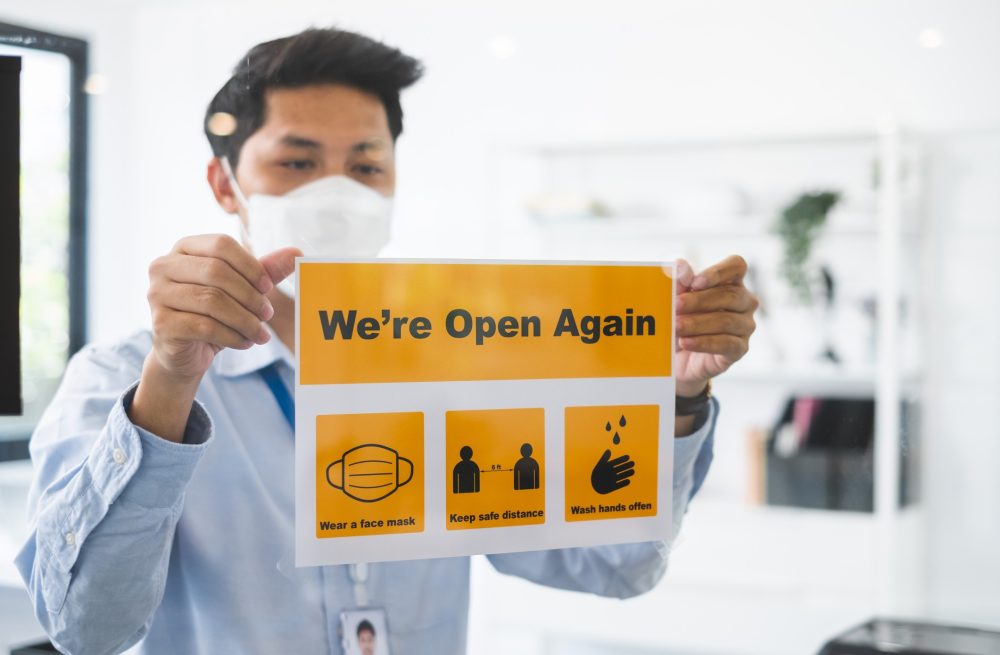Even before the current COVID crisis, most employees were afforded some protections by their employer. For example, the New Jersey Family Leave Act (NJFLA), coupled with the federal Family and Medical Leave Act (FMLA), entitles certain employees to twelve weeks of paid leave within a twelve-month period without losing their jobs. However, aside from the employee and employer having to meet certain eligibility requirements, the paid leave is only available for instances where the employee must care (1) for a newly born or adopted child, (2) for the employee’s own medical condition, or (3) for a parent, child under 18 years old, spouse, or civil union partner who has a serious health condition requiring in-patient care, continuing medical treatment or medical supervision.
Recently, in light of the current circumstances, Congress executed the Families First Coronavirus Response Act (FFCRA), extending the length of paid leave certain employees may take due to COVID-19-related issues. The Act, which was made effective on April 2, 2020 and will expire on December 31, 2020, contains two main provisions: emergency paid sick leave (EPSL) and expanded family and medical leave (EFML). Pursuant to the Act, employers with fewer than 500 employees must provide their employees with EPSL, EFML, or both for the following specified reasons:
- The employee is subject to Federal, State, or local quarantine or isolation order related to COVID-19;
- The employee has been advised by a health care provider to self-quarantine related to COVID-19;
- The employee is experiencing COVID-19 symptoms and is seeking a medical diagnosis;
- The employee is caring for an individual subject to an order described in (1) or self-quarantine as described in (2);
- The employee is experiencing any substantially-similar condition specified by the Secretary of Health and Human Services, in consultation with the Secretaries of Labor and Treasury; or
- The employee is caring for a child whose school or place of care is closed, or whose child care provider is unavailable, for reasons related to COVID-19.
The first five specified reasons listed above make up the EPSL provision of the FFCRA, while the sixth specified reason accounts for the EFML. The duration of leave varies depending on the specified reasons, as does the employee’s rate of pay while on leave. Simply put, an eligible employee utilizing EPSL will be afforded up to eighty hours, or two weeks, of paid leave in addition to the twelve-week FMLA period. On the other hand, an eligible employee who takes advantage of EFML will be afforded twelve-weeks of leave. However, this leave period is not to be added onto the already-provided twelve-week FMLA period, and not all twelve-weeks of EFML leave are paid. Therefore, if an employee has already exhausted all available FMLA leave but now requires time off for childcare purposes due to COVID-19, that employee may only use the eighty hours of EPSL.
If you are an employer or employee and would like more information on compliance or rules under the FMLA, FFCRA, or other act or regulation, please feel free to contact Ward, Shindle & Hall.

